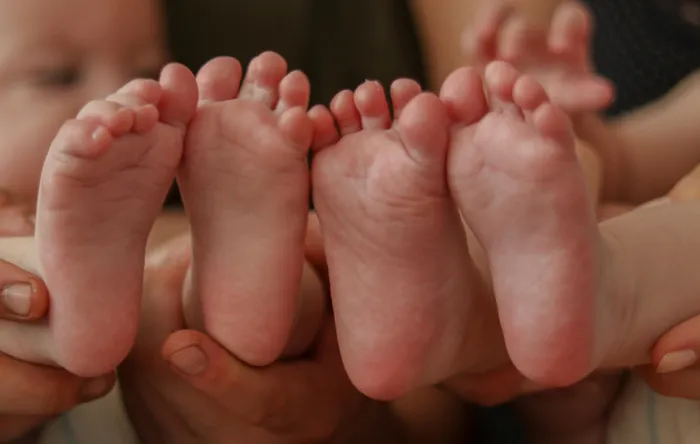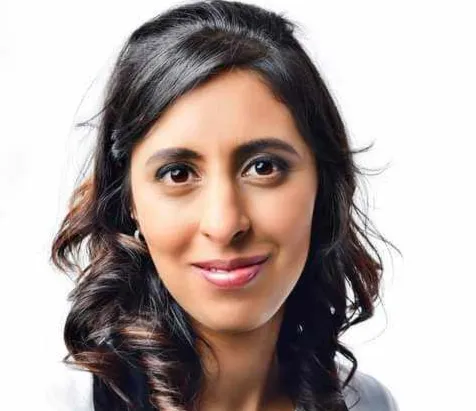More than just hands full: the reality of parenting multiples
Mental health challenges

Once the babies are born, the emotional load gets heavier, says the writer.
Image: Kübra Kuzu/Pexels.com
PARENTING is never easy, but raising twins, triplets or more? That’s next-level parenting!
While strangers may smile and say, “You’ve got your hands full!”, they rarely see what is happening behind closed doors. The truth is, parents of multiples face unique emotional, psychological, and relationship challenges that are often misunderstood or overlooked.
Pregnancy with multiples is exciting but usually high-risk. It involves more check-ups, more anxiety, and more physical discomfort. In fact, mums are six times more likely to be hospitalised than those of singletons. Many mums feel a deep connection to each baby before birth, giving them names, imagining their personalities, and bonding through movement and ultrasounds, but it can also be confusing and conflicting if the foetuses don’t develop similarly or have health challenges.
But along with this connection comes fear; fear of premature birth, of health problems, and of what life will be like after delivery. For many, the pregnancy feels more like a medical journey than a joyful one. It’s common for mothers to experience anxiety, sadness, or even grief. These emotional struggles can continue after birth, especially if the babies need NICU care or if the mum went through infertility beforehand.
Once the babies are born, the emotional load gets heavier.
Studies show that mothers of multiples are more likely to experience postnatal depression, anxiety, and emotional burnout. One Finnish study described it as “putting your life on hold.” Between bottle feeds, nappies, and sleep deprivation, many mums feel like they disappear completely. There’s also something called ambivalence, which is when you love your babies deeply but feel overwhelmed, resentful, or guilty. This is not a sign of failure. It’s a normal response to an extraordinary situation and is not as openly discussed as it should be.
Fathers, or non-birthing partners, often get forgotten in the chaos. Many report feeling like they have lost their partner to the babies and no longer know where they fit in. They may feel helpless, sidelined, and even emotionally abandoned. This can lead to paternal postnatal depression, especially if the family is under financial strain or lacking support.
The once-loving couple may feel like roommates managing a childcare business. With so little sleep and so many needs to juggle, even strong marriages can feel strained. Constant feeds, hospital visits, crying, and well-meaning but exhausting relatives can test any relationship. Healthy communication and realistic expectations are essential.
It's also critical to keep in mind that the first five years of a child’s life are probably going to be the worst for the marriage, for it literally drops to the bottom of the list of priorities. Support in the early years is essential and should extend beyond providing material items such as baby gifts or meals. It should encompass emotional support, practical assistance, and attentive listening rather than offering unsolicited advice.
Join a support group for parents of multiples, for there’s comfort in knowing you’re not alone. Whether it’s a neighbour helping with feeds or a friend who offers to hold one baby while you shower, these small acts matter more than you think.
Parenting multiples is joyful, exhausting, and sometimes lonely. You’re living in a new world where time, space, and relationships feel upside down. So here’s to all the superheroes in plain clothes, juggling bottles, emotions, and everything in between. Don’t forget that every hero needs a sidekick so don’t be afraid to ask for help.

Dr Nazia Iram Osman
Image: Supplied
Dr Nazia Iram Osman is a clinical psychologist registered with the Health Professions Council of South Africa. She has a PhD and treats psychiatric and psychological disorders. Osman also helps clients with personal, professional or societal challenges.
Related Topics: